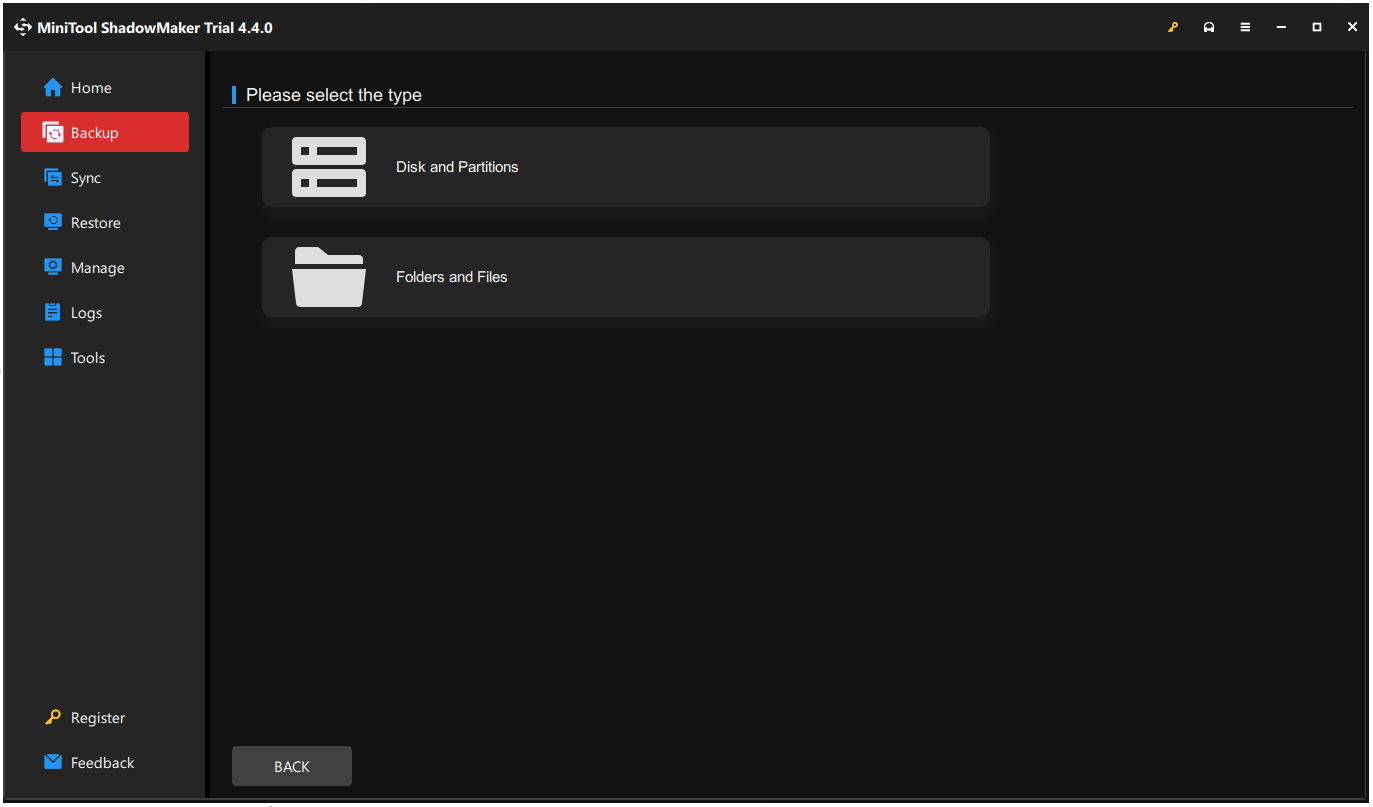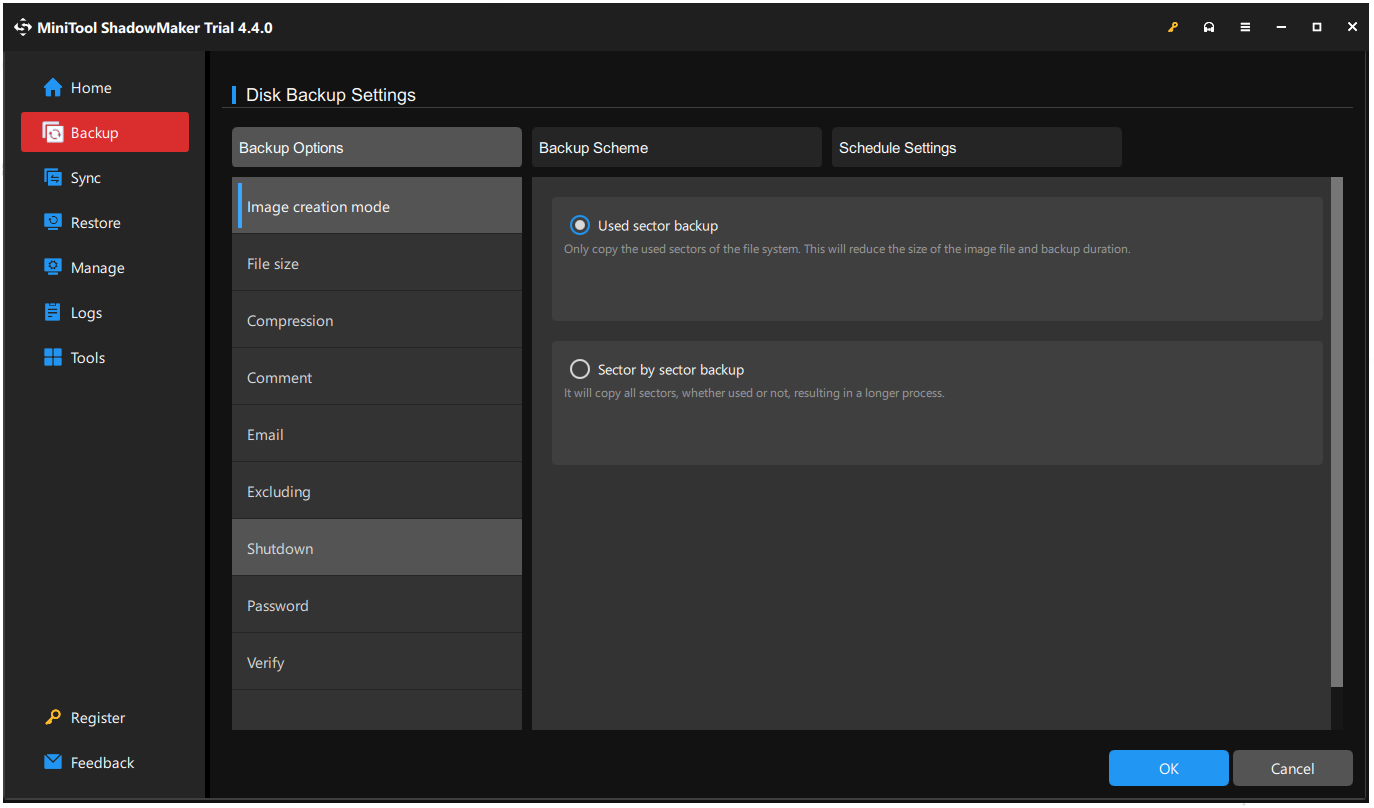AI in cybersecurity has been a hot topic in recent years because many new technologies were born to become one part of computing. Besides, various giants are vied to issue competitive AI products, which raises some concerns among users. Now, this article on MiniTool will give more information to analyze the situation.
AI in Cybersecurity
What is AI in cybersecurity? Nowadays, AI has been widely applied in multiple sectors and become people’s right hand in handling some basic chores.
With rapid development, more and more professionals have started worrying about the relationship between AI and cybersecurity. They input more energy into the development of AI cybersecurity, such as Microsoft Copilot for Security.
However, at the same time, more concerns arise. According to a new survey from IT security and data science analysts, most enterprises consider the AI model crucial to business success and AI breaches have happened in the past years. In this way, more and more IT leaders prefer to allocate more budgets to artificial intelligence in cybersecurity.
Most organizations acknowledged that it would be one of the greatest challenges to secure AI and expressed their concerns about third-party AI integrations. By integrating AI, developers can increase productivity, eliminate repetitive tasks, shorten development time, and minimize errors.
However, opportunities and challenges coexist. Large parts of cybersecurity professionals agree that their company’s sensitive data is increasingly vulnerable to new AI technologies. Some victims will unwittingly expose sensitive data to others via AI.
Since the born of AI, the incident rate of data exposure, loss, leak, and theft has increased, spurring more enterprises to have data protection solutions in place. When more and more AI tools enter the market, we should be more cautious about the possible data loss risks of these tools.
If you have suffered from a data loss issue, you can refer to this post: Prevent Data Loss and Recover from an Unexpected Data Loss Event.
AI in Cybersecurity: Pros & Cons
In the last part, we have clarified some issues that people are normally concerned about. Here, we will give you more details about its benefits and challenges.
Benefits of AI in Cybersecurity
Artificial intelligence plays an important role in every aspect of our lives, including protecting against cyber threats. We can use AI for cybersecurity to good effect and enhance protection in all respects. Some of the benefits of AI for security include the following:
Faster Threat Detection and Response
It is known that AI can solicit a large amount of related data based on the users’ demands and make a quick response to analyze the data for the next instructions. Leveraging this factor can help professionals learn the network and the found threats faster.
By analyzing the collected data and past successful practices, AI-powered solutions can identify abnormal behavior and detect malicious activity much faster than before. With the help of AI, the speed and scale of detection and response of cyberattacks will be expanded, mitigating the damage that attackers can do.
Automation of Repetitive Tasks
There are many repetitive tasks that will consume a great deal of time and resources during the data collection, analysis, data management, and others. However, AI can automate many security processes, saving human resources to focus their efforts where they are most needed.
Improved Accuracy and Efficiency
Since AI has highly proficient functions, it has the potential to dig out hidden vulnerabilities in a fraction of the time. Compared to traditional security solutions, AI-powered security capabilities can recognize patterns that are hard to spot by human eyes, which highly improves accuracy and efficiency.
Enhanced Situational Awareness and Decision-Making
Cybersecurity often brings much data overload with more information that only security professionals are hard to handle smoothly. Those key moments require quick data collection and processing and deep insights for every trace of cyber-attacks.
In this way, AI on cybersecurity is born to make tasks easier, improving security personnel’s situational awareness and ability to make data-driven decisions.
Greater Scalability and Cost Savings
As we mentioned, many security tasks will repeat themselves, and those tedious tasks will waste resources and lag the detection responses. Besides, the traditional security solution has a limited scale of detection and insight.
With the help of AI-powered security, you can reduce response times to security incidents and lower the cost of defending against cyber threats. By correlating different data points, you can identify malicious activity and protect your system proactively.
AI-driven tools are scalable and flexible to offer additional protection without significant hardware or personnel costs.
Challenges of AI in Cybersecurity
Even though AI has many advantages when applied in the cybersecurity sector, some risks emerge endlessly when you highly rely on it. For example:
Bias and Fairness Concerns in Decision-Making
Some users may ignore this potential risk, which is biased decision-making in AI systems. It is hard to make AI quickly and flexibly cope with variable situations, especially when AI faces data sets, containing biased information or algorithms that lack the necessary objectivity.
That’s why sometimes you can receive false positives in cyber security or be blocked by AI protection as a malicious actor. It is troublesome to handle for users but by being properly managed by professionals, the block can get dismissed. So, AI-powered security systems may unleash more labor resources but upgrade their demands to high-tech personnel.
Lack of Interpretability and Transparency
AI-powered security systems have designed algorithms and patterns to execute a series of observation and response activities. During the process, the decision-making tasks are not always transparent, leaving you vulnerable to potential bias or manipulation.
Apart from that, AI is hard to interpret. Professionals need to spend much time understanding and interpreting its activities and decisions. That’s why security personnel can’t easily learn from the model or correct it.
Potential for Misuse or Abuse
Lack of objectivity, AI-based cybersecurity solutions can’t always accurately identify every threat or potential breach, so users still face potential risks and further damage from unnoticed attacks.
Besides, the powerful functions of AI can be utilized by malicious actors to access sensitive information or attack infrastructure. Faced with the advanced AI-supported security tools, we still need to optimize the awareness of AI-led cyber-attacks.
Use Cases of AI in Cybersecurity
In this part, we will introduce some use cases of AI in cybersecurity. At the same time, its usage in cybercrime will be presented as a reminder.
Some examples of AI in cybersecurity include:
Use Cases 1: Threat Detection and Prevention
AI minimizes opportunities for attackers and limits the potential impact of a security breach. The specific functions are as follows:
- Malware and phishing detection
- Security log analysis
- Endpoint security
- Encryption
- Etc.
Use Case 2: User Behavior Analytics
AI can utilize machine learning techniques to analyze user behaviors and cautiously detect deviations from the norm continuously. AI-driven behavioral analytics enhances threat-hunting processes, enabling the response to evolving threats and vulnerabilities.
Use Case 3: Vulnerability Assessment and Management
AI-driven solutions analyze device, server, and user activities to detect anomalies and zero-day attacks. Furthermore, it can enable real-time defense against high-risk threats and fix the holes in the shield itself.
Some examples of AI in cybercrime include:
1. Minimize the cost and producers of creating malware that contains new zero-day vulnerabilities.
2. Easily create original, sophisticated, and targeted phishing attacks.
3. Facilitate the collection and analysis of data for cyberattacks.
4. Generate new hacking tools and conduct intrusions easily by using AI-supported tools.
5. Make cyber-attacks easier and more common because even unskilled users can grasp the AI tools.
How to Enhance Data Protection in AI & Cybersecurity?
After reading the above contents, you may have understood why we said that AI technology is a double-edged sword. So, is there any method that can better protect your data when utilizing AI in cybersecurity?
We recommend data backup as your last resort for data security. Windows has some built-in tools to back up files but they are limited to satisfy users’ demands, so, we introduce another free backup software for you – MiniTool ShadowMaker.
MiniTool ShadowMaker has been dedicated to data backup for many years and develops many functions more than backup, such as data sync, disk cloning, universal restore, etc. You can backup all you need for a quick recovery and system backup is allowed via a one-click solution.
Try this software and a 30-day free trial version is available for users. It is highly recommended to prepare an external hard drive to store your backup and insert it into your device before launching the software.
MiniTool ShadowMaker TrialClick to Download100%Clean & Safe
Step 1: Launch the program and click Keep Trial.
Step 2: In the Backup tab, click the SOURCE section where you can find the system-related partitions that have been selected by default, and if you want to back up other items, you can choose from Disk and Partitions and Folders and Files.

Step 3: Click the DESTINATION section to choose where to store the backup. If you want to configure the backup settings, you can click the Options feature to manage your backup schedules and schemes. Otherwise, you can configure its image creation mode, file size, compression, password protection, etc.

Step 4: When you make everything all right, you can click Back Up Now to immediately perform the task or choose Back Up Later to start it later. The pending tasks will be displayed in the Manage tab.
Recent AI Information in Cybersecurity
It is widely known that an attractive AI software was born – ChatGPT and that triggered a wave of AI around the world. Various tech giants vie to develop and issue their new AI products and apply them to the matched tools and utilities, such as search engines, office packages, and PS software.
To create a self-contained complete unit, developers upgrade their full product line, equipped with artificial intelligence. Furthermore, a recent Windows update points out that Microsoft will make Copilot in Windows 11 more useful with new capabilities and plugins.
Especially for the security aspect, Microsoft Copilot for Security is the first security product to enable defenders to move at the speed and scale of AI. It boasts many advanced features and functions via great integrations to achieve an all-around security enhancement.
AI-assisted Microsoft Security Features
- Security reports for investigations, incidents, vulnerabilities, or threats in minutes and provides guided recommendations for threat prevention and remediation.
- Accident response to cope with special incidents and follow the tailored remediation guidance according to experience.
- Security Posture Management to check if your organization is vulnerable to cyber-attacks and find out any sign of a breach by integrating resources.
- Security assistance for professionals through built-in capabilities.
Microsoft Copilot for Security Integrations
1. Microsoft Copilot for Security in Microsoft Defender XDR
It allows security teams to learn the attack immediately and make timely responses to assess and contain the attack.
2. Microsoft Copilot for Security in Intune
Security Copilot can be used to view managed device attributes and configuration data.
3. Microsoft Copilot for Security in Defender EASM
It can surface insights from Defender EASM about an organization’s attack surface, making it easier to understand your security posture and mitigate vulnerabilities.
Bottom Line:
Now, this article has provided much information about AI in cybersecurity, including its advantages and challenges. With the development of AI, challenges and benefits both exist and you need to take care of some notices.
Besides, since AI can be used to be a sharp weapon by advanced attackers, we still need to hold our position in safeguarding PC security. In this way, data backup can be a guarantee when data loss happens due to cyberattacks.
MiniTool ShadowMaker is a reliable backup software and it is worth trying. If you have any issues when using this software, you can contact our support team via [email protected].
